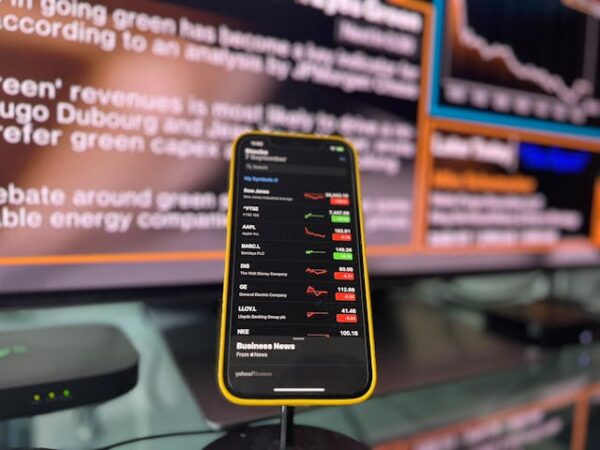Where to Buy Digital Products to Resell: Unveiling the Best Platforms and Strategies
In the digital commerce sphere, the act of reselling digital commodities has soared to a prominent stature, magnetizing an enlarging aggregation of entrepreneurs towards this fertile domain. This modern-day business model, separating itself from traditional reselling frameworks, necessitates procuring digital wares from originators or accredited distributors for resale at profitable rates to ultimate consumers. The […]
The Crucial Role of Composite Risk Management (CRM) in Modern Organizations
At the heart of Composite Risk Management (CRM) lies a decision-making mechanism primarily utilized for the identification and regulation of risks. This approach outlines protocols to comprehend, assess, and act appropriately against possible detrimental outcomes. The judicious decisions derived from implementing the CRM process strike an apt equilibrium between risk and cost while enabling successful […]
Unlock the Power of Automated Drip Campaigns with the Best CRM Solutions
In the intricate labyrinth of digital marketing, we find ourselves encountering the notion of drip campaigns – a formidable tactic that is often wielded in the dominion of email marketing. This strategy can also be recognized under other guises such as automated email campaigns, lifecycle emails or autoresponders, but regardless of its nomenclature, it operates […]
Elevate Your Family Law Practice with Cutting-Edge CRM Software
In the labyrinth of family law practice, the enhancement and fortification of client relationships emerges as a pivotal element. This intricate dynamic often necessitates an unwavering system to oversee such connections efficiently. CRM software tailored for family law presents itself as an ally in this quest, designed meticulously to cultivate trust, foster cooperation and stimulate […]
Elevate Your Defense Strategy with Tailored CRM Software Solution
The ability to adeptly guide the course of client relationships holds a crucial place in any jurisprudential practice, with an even greater weight in the specialized sphere of criminal defense. A field that oscillates between high-pressure trials and emotional turbulence from clients demands a proficient apparatus for managing client relationships, designed to streamline workflows while […]









